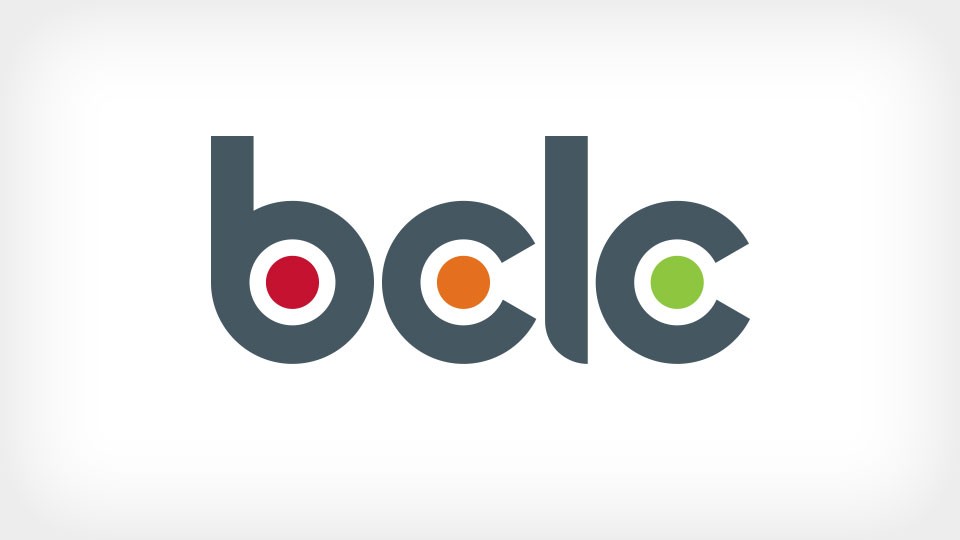Researchers at the University of the Fraser Valley have released a comprehensive four year longitudinal evaluation of BCLC’s Voluntary Self Exclusion (VSE) program from the perspective of the participant. This is the second study of this kind, commissioned by BCLC to better understand the strengths and weaknesses of the program, and to help inform its player health strategy to reduce problem gambling behaviour.
The full study and subsequent recommendations, directed at both BCLC and the Province, can be found here.
Results of this latest study show that the program is achieving its general purpose by enrolling those with more serious gambling problems, having an immediate effect on decreasing Problem Gambling Severity Index PGSI scores, and over time the program reduces participants’ levels of depression, anxiety, and stress.
The study provides 10 recommendations, under the themes of: Increasing Enrolment; Preventing Violations; and Connecting with Counselling.
The two most common recommendations, from participants themselves, were better methods of detecting excluded gamblers who attempt to enter a casino, and more advertising of the program to facilitate enrolment earlier in an individual’s progression towards problem gambling behaviour.
BCLC is evaluating each of the suggested improvements to the VSE program, and has taken steps to address several of the recommendations to date.
BCLC is committed to advancing research on responsible gambling and reducing gambling-related harm, while encouraging new learning and better understanding of gambling disorders and responsible gambling practices.
BCLC is focusing on outcome-based performance measures of its responsible gambling programs in order to track and better gauge effectiveness of its responsible gambling programs and practices. This latest VSE study, along with other research initiatives currently underway, reflects BCLC’s commitment to player health, which incorporates key learnings from research and harm reduction approaches applied to other types of addictions.


